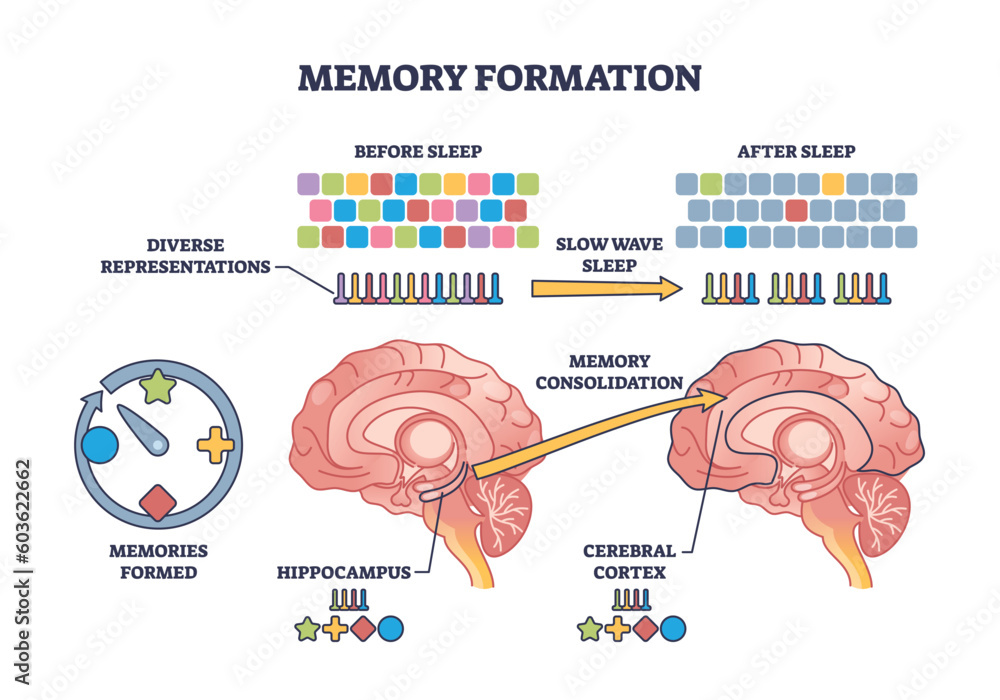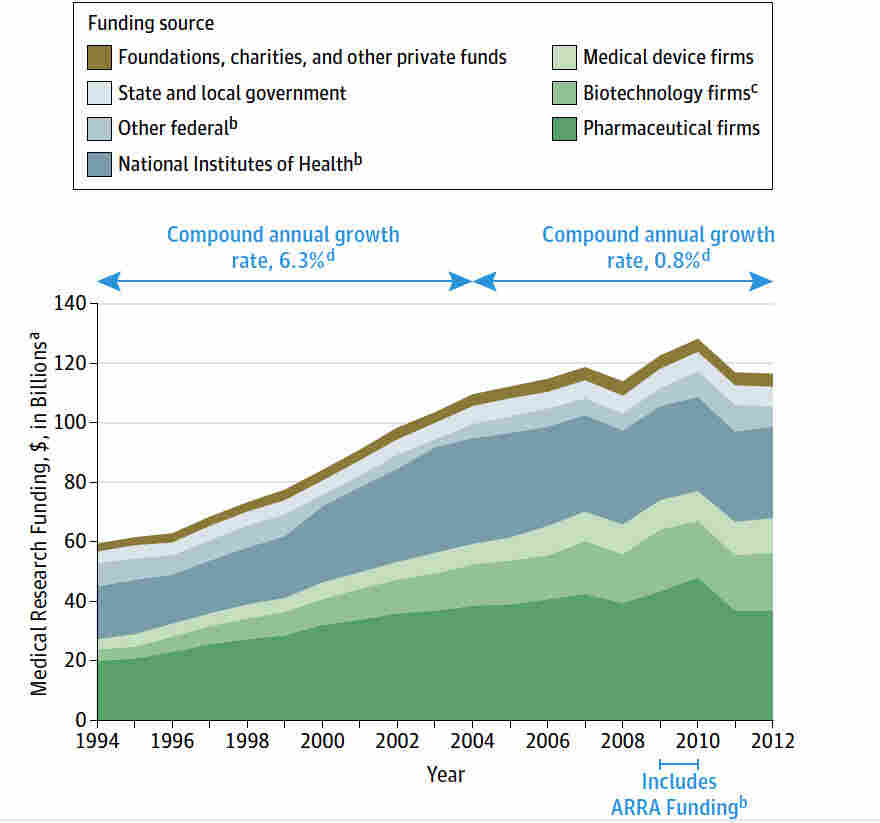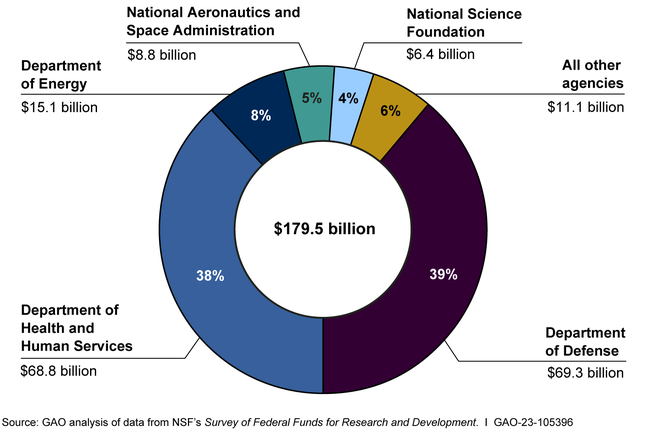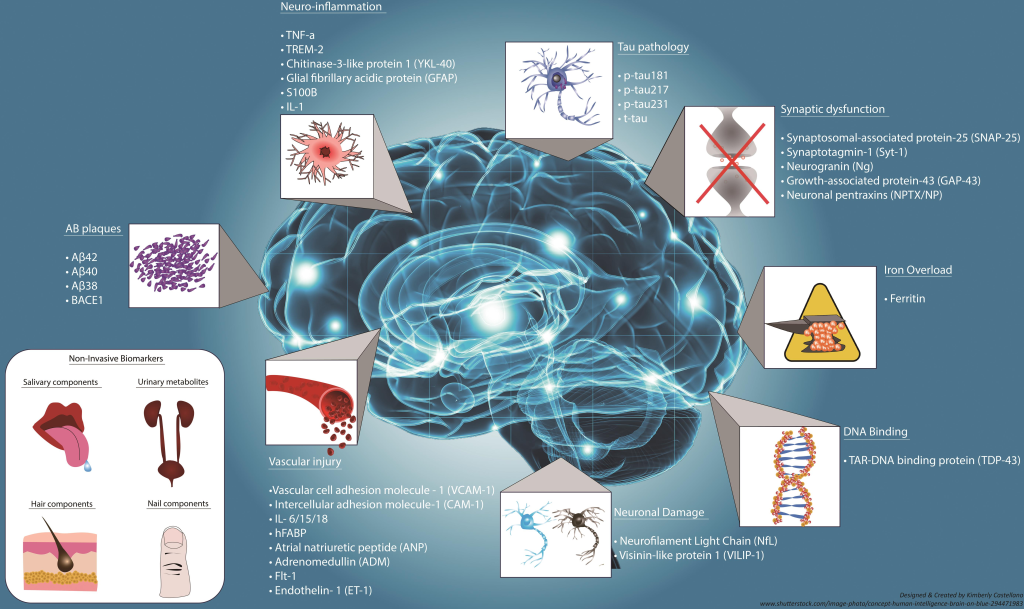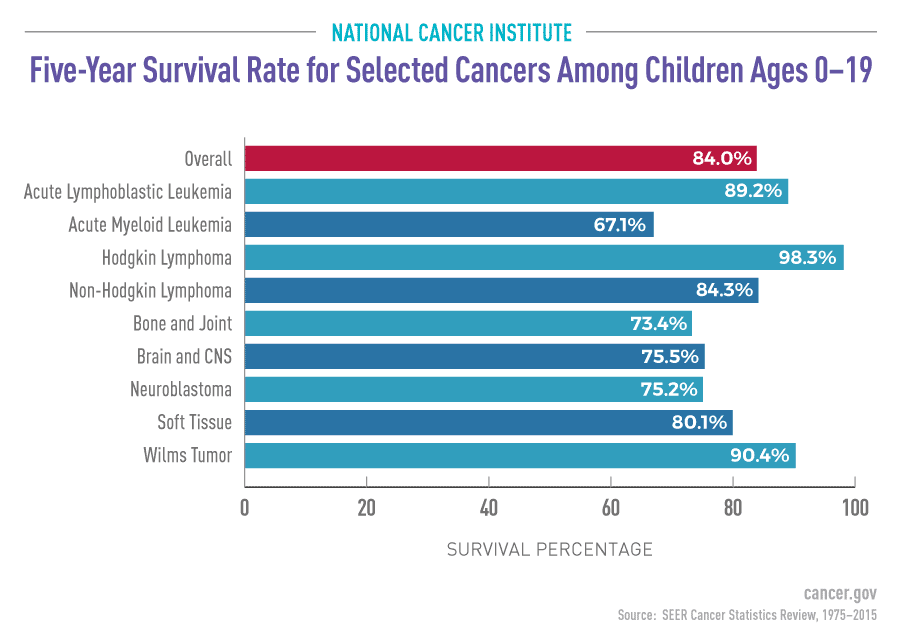Memory formation techniques are essential to understanding how our brains encode and retain information.Recent advancements in neuroscience research, particularly the exploration of synaptic plasticity, have shed light on the intricate processes that underpin learning and memory.
Gene Editing: Exploring the Promise and Ethical Challenges
Gene editing has emerged as a groundbreaking advancement in modern science, spearheaded by innovative tools like CRISPR technology.This revolutionary capability allows for precise modifications of genetic material, opening doors to potential cures for debilitating diseases, such as using a sickle cell cure that could transform lives.
Health Tracking: Understanding Learning and Memory Formation
Health Tracking is increasingly essential in understanding the complex mechanisms behind learning and memory formation.Recent advancements in neuroscience research have shed light on the intricate processes of synaptic plasticity, the foundation for how we acquire and retain information.
Medical Research Funding: Protecting Patients’ Safety
Medical research funding plays a crucial role in advancing healthcare and ensuring patient safety.Without adequate financial support, the vital processes of clinical research oversight can falter, jeopardizing the wellbeing of participants enrolled in studies.
Vaping Cessation Pill: FDA-Approved Aid for Teens
Vaping cessation pill, specifically varenicline, is emerging as a beacon of hope for teenagers and young adults seeking to escape the grips of nicotine addiction.Recent research from Mass General Brigham has revealed that those who use this FDA-approved smoking cessation medication are over three times more likely to successfully quit vaping compared to individuals relying solely on behavioral counseling.
Federal Research Grants: A Lifeline for Health Studies
Federal research grants play a crucial role in advancing public health research, providing essential funding for health studies aimed at addressing critical issues like cancer risk.With the National Institutes of Health (NIH) grant application process serving as a benchmark for scientific research funding, these grants empower researchers to explore innovative strategies that can significantly enhance community health outcomes.
Bile Imbalance and Liver Cancer: Key Findings Revealed
Bile imbalance and liver cancer have become critical topics in understanding liver health, particularly in the context of hepatocellular carcinoma (HCC), the most prevalent type of liver cancer.Recent research highlights the crucial role bile acids play, as they not only aid in fat digestion but also influence various metabolic processes that can lead to serious liver disease.
Alzheimer’s Disease Research: Insights from Beth Stevens
Alzheimer’s disease research is at the forefront of a scientific evolution, driven by the groundbreaking investigations of neuroscientist Beth Stevens.Exploring the role of microglial cells, the brain’s immune system, Stevens has revealed their pivotal function in maintaining neural health through processes like synaptic pruning.
Global Health: Atul Gawande Highlights USAID’s Challenges
Global health is a critical area of concern that transcends national borders, impacting millions around the world.Renowned surgeon Atul Gawande has highlighted the dire consequences of recent cuts to the U.S.
Pediatric Cancer Recurrence Prediction with AI Insights
Pediatric cancer recurrence prediction is a groundbreaking area of research that harnesses the power of artificial intelligence (AI) to enhance patient care.Recent studies have demonstrated that AI tools can analyze a patient’s brain scans over time, significantly improving the prediction of relapse risks in children suffering from brain tumors such as gliomas.
